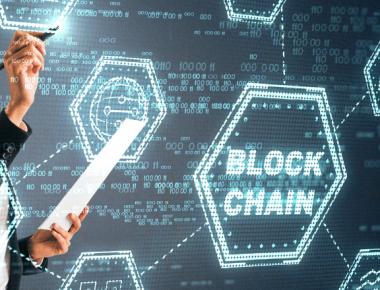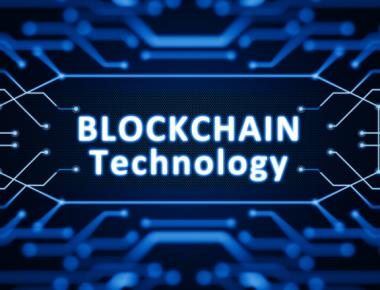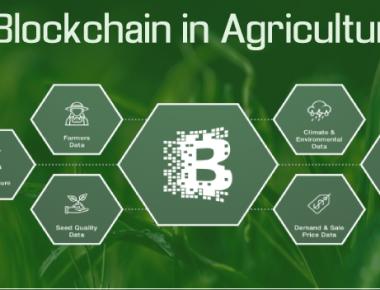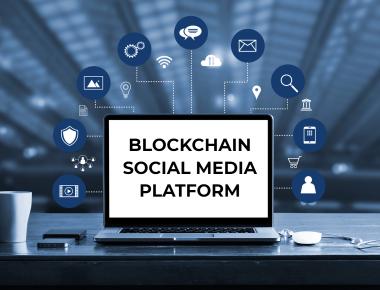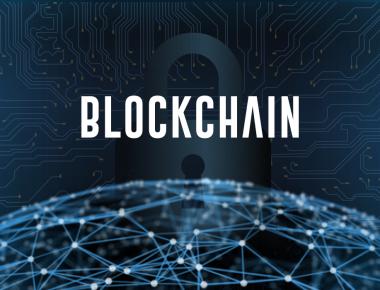
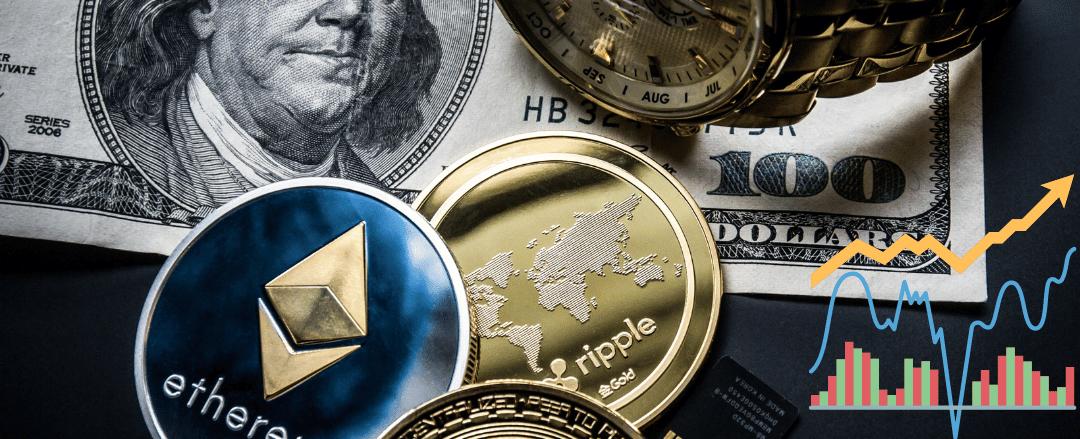
The Economics of Blockchain and Digital Assets: Understanding the Future of Finance
Hey there! Are you curious about the economics of blockchain and digital assets? You’re in the right place! In this blog post, we’ll take a look at the basics of how economics intersects with these exciting and innovative technologies. From the way blockchain works to the potential of digital assets, we’ll explore how these concepts are changing the economic landscape.
The Rise of Blockchain:
Blockchain is the technology that underpins many digital assets, and it’s the reason why they’re so revolutionary. Essentially, blockchain is a decentralized, digital ledger that records transactions in a secure, transparent and immutable way. Instead of relying on a central authority, like a bank or government, blockchain transactions are validated and recorded by a network of computers that work together to maintain the integrity of the ledger.
One of the key benefits of blockchain is its ability to reduce transaction costs. With traditional financial systems, intermediaries like banks and payment processors charge fees for their services. However, with blockchain, these intermediaries are no longer needed, which means that transactions can be completed more quickly and at a lower cost. This has the potential to significantly reduce the costs of doing business, particularly in industries like finance and supply chain management. Furthermore, blockchain technology can help increase transparency and trust, as all parties involved can view the same information in real-time. This can lead to greater efficiencies and more secure transactions.
The Growth of Digital Assets:
Digital assets are a form of property that exists only in digital form, such as cryptocurrencies like Bitcoin and Ethereum. Unlike traditional assets, digital assets are not physical, but are rather represented by unique codes on a blockchain ledger. The rise of digital assets has been significant in recent years, with many people seeing them as a new form of investment.
One of the key benefits of digital assets is their accessibility. Anyone with an internet connection can buy, sell, and trade digital assets, regardless of their location or financial status. Furthermore, digital assets are highly divisible, which means that they can be broken down into very small units, making them accessible to even more people.
In terms of economics, digital assets have the potential to disrupt traditional investment models. They are not tied to any one country or government, which means that they can offer a level of diversification that is not available with traditional investments. Additionally, digital assets can be used for a wide range of purposes, including cross-border payments and peer-to-peer lending, which could potentially reduce the costs of traditional financial services.
Conclusion
In conclusion, the economics of blockchain and digital assets are complex and rapidly evolving. However, one thing is clear - they are transforming the future of finance in ways that we are only beginning to understand. Whether you’re an investor, business owner, or simply interested in the financial world, it’s important to stay up-to-date on the latest developments in this exciting field. Who knows what the future holds? But one thing is certain, blockchain and digital assets are here to stay, and they’re only getting bigger.
Share
Web Developer
Expertise
Quick Links
Legal Stuff


